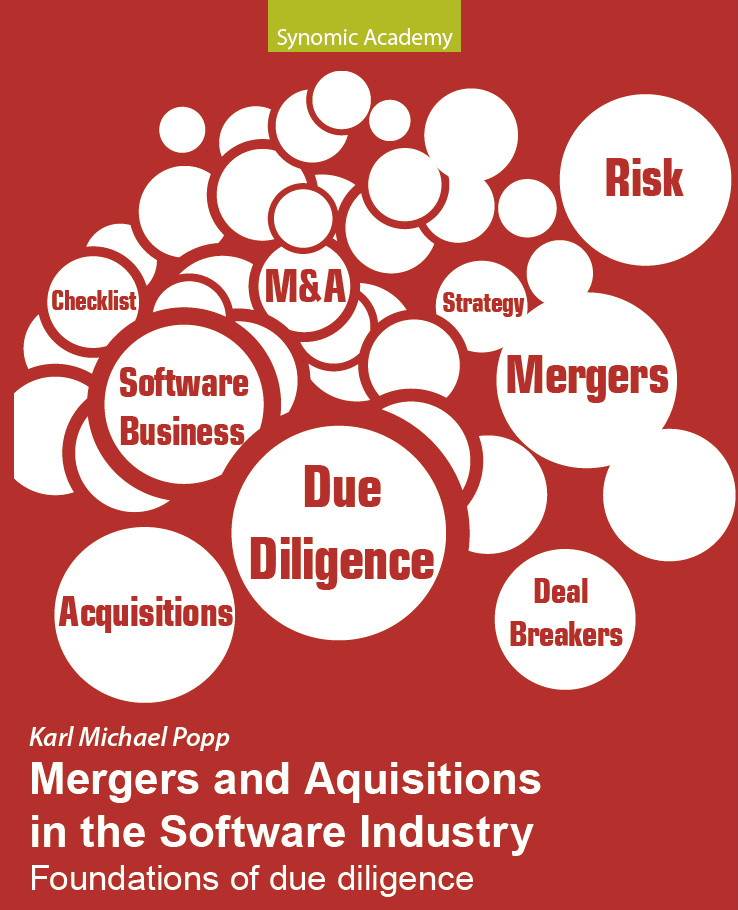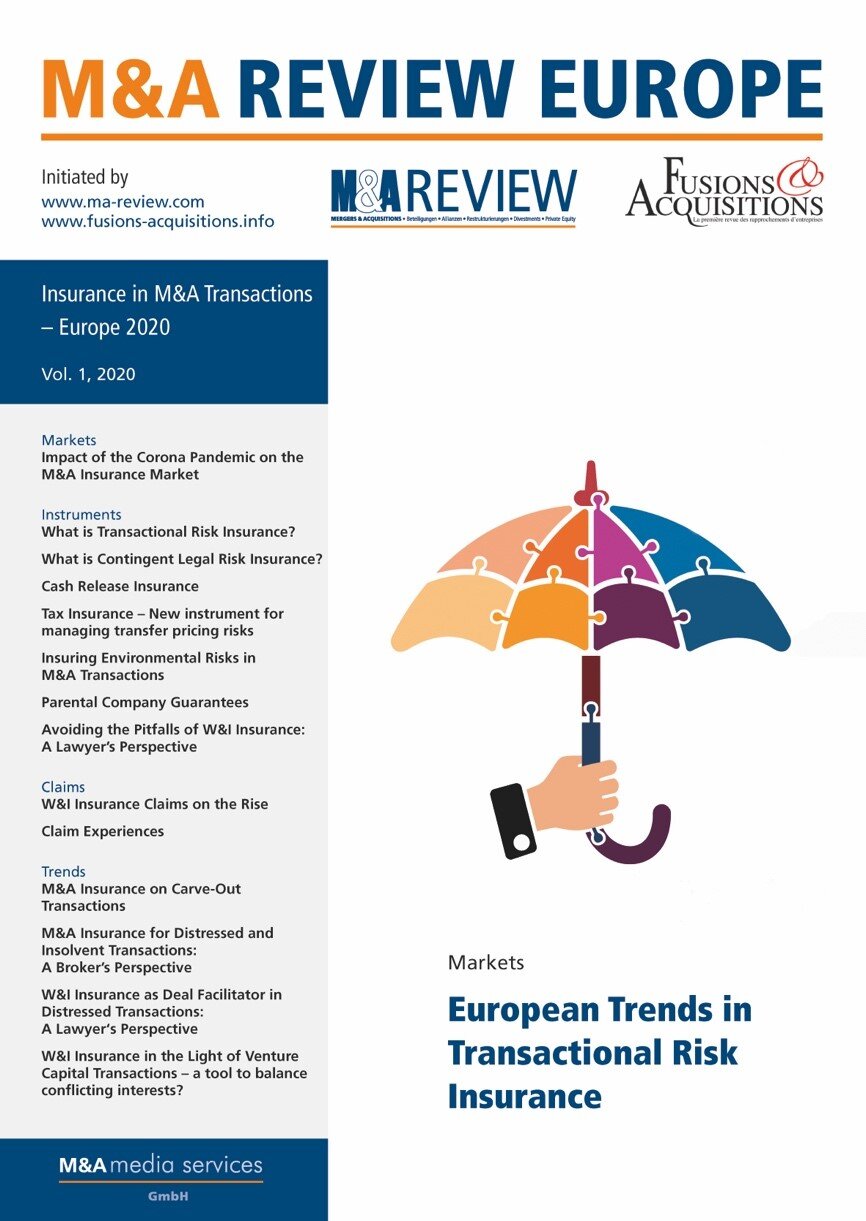M&A automation: NLP for Document and Contract Analysis
NLP for Document and Contract Analysis
Overview Natural Language Processing (NLP) facilitates the automation of the reading, analytical examination, and summarization of legal documents and contractual agreements, thereby enhancing the efficiency and comprehensiveness of review processes and risk evaluations in mergers and acquisitions transactions.
Key Benefits
Reduced Review Time: Automates the examination of extensive textual volumes, thereby expediting the due diligence process. Improved Accuracy: Discerns pivotal clauses and compliance-related issues, consequently diminishing the likelihood of human error. Scalability: Capable of processing substantial quantities of contracts, irrespective of the complexity inherent in the documents.
Challenges
Accuracy Limitations: NLP encounters difficulties when confronted with ambiguous language or atypical contract frameworks. Initial Setup Costs: Involves significant financial expenditure and complexity in the configuration of NLP systems tailored for legal applications. Language and Context Sensitivity: Mandates meticulous training to accurately interpret specialized legal vernacular.
Recent Trends
Integration of NLP instruments within virtual data rooms to facilitate real-time document analysis. Augmented precision through NLP models specifically trained in legal and financial lexicon. Collaboration between legal firms and NLP service providers aimed at enhancing the capabilities of AI in legal document processing.
This relates to my new book “Automation of Mergers and Acquisitions“.









